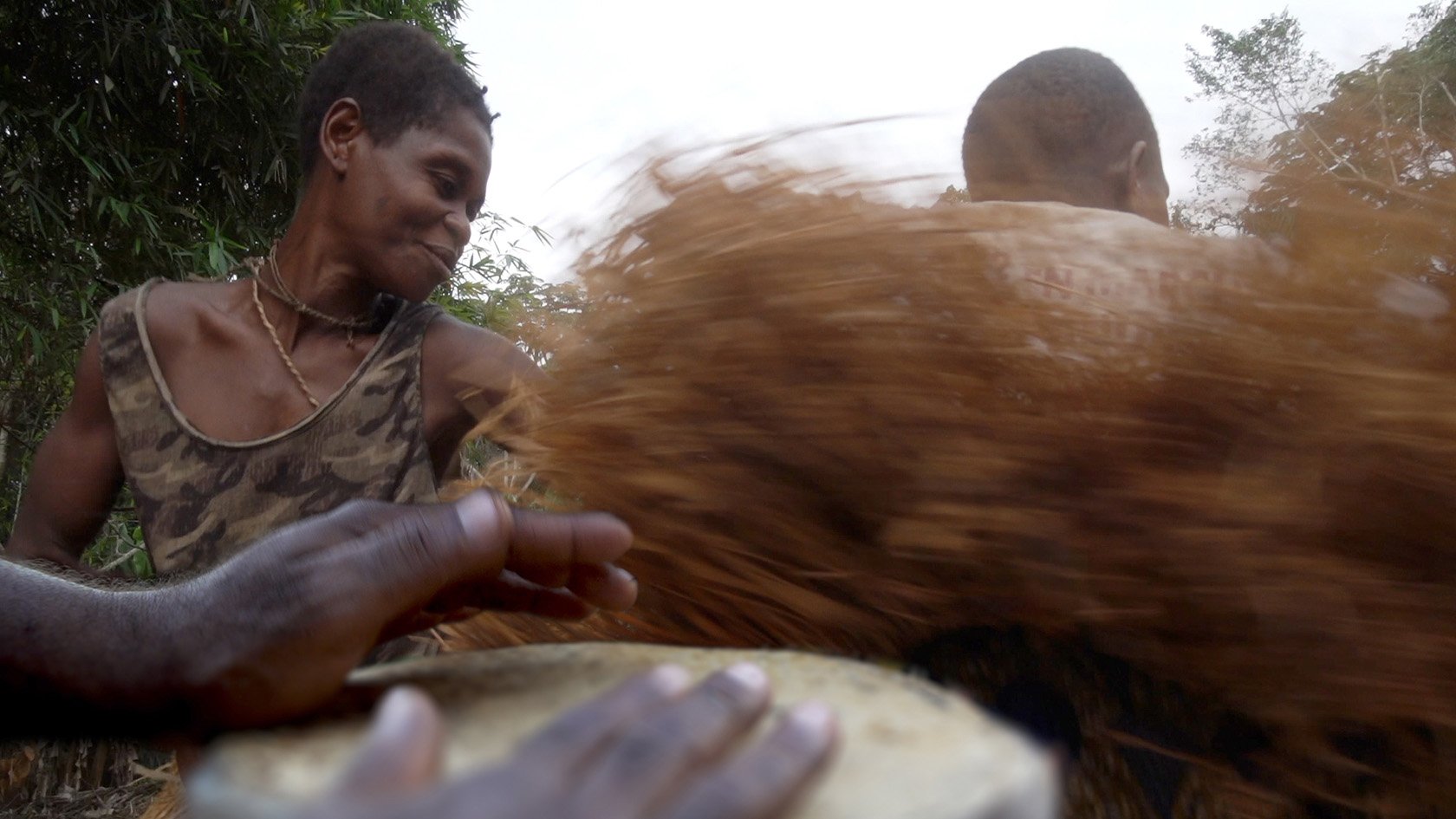Extensive social networks among different hunter-gatherer groups in the Congo Basin existed long before the advent of agriculture in the region. This continent-wide exchange helped preserve a rich cultural diversity that evolved over thousands of years, as demonstrated by researchers from the University of Zurich through their studies of musical instruments, specialized vocabulary, and genetic data.
Recent research, drawing on genetic, archaeological, and paleoenvironmental evidence, indicates that hunter-gatherer populations have inhabited Central Africa for hundreds of thousands of years. However, contemporary hunter-gatherers in the Congo Basin now speak languages adopted from their agricultural neighbors, the Bantu, in more recent times. This raises questions about which aspects of ancient cultural diversity in Central Africa are the result of long-term evolution and regional cultural exchanges predating agriculture, and which are shaped by interactions with farming communities.
Culture, language, and genes co-evolve
An international team of researchers led by Andrea Migliano from the Department of Evolutionary Anthropology at the University of Zurich (UZH) has discovered previously unknown links between culture, language, and genes among different hunter-gatherer populations in Central Africa. “We found that the distribution of musical instruments among hunter-gatherers correlates very strongly with those genetic segments that are of ancient origin. So, these populations were exchanging musical instruments long before there were any agricultural populations in the region,” says Migliano.
The project was developed by Cecilia Padilla-Iglesias, PhD student and first author. The timing of genetic exchanges between populations can be inferred by tracing the origins of specific genome segments. To this end, the researchers assembled genetic data from eleven Central African hunter-gatherer groups and divided their DOI: 10.1038/s41562-024-01891-y




















Discussion about this post